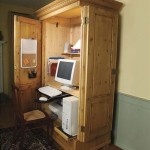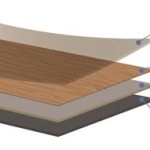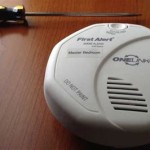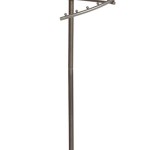Why Does Hard Wired Smoke Alarm Keep Going Off? Essential Aspects to Consider
Experiencing frequent false alarms from your hard-wired smoke alarm can be frustrating and concerning. However, understanding the underlying causes can help you effectively address the issue and ensure the reliability and accuracy of your smoke detection system. Here are some essential aspects to consider:
Dust and Debris Accumulation: Over time, dust, smoke particles, and other debris can accumulate within the smoke alarm's sensors, causing it to interpret the presence of smoke falsely. Regular cleaning and maintenance, including vacuuming around the alarm and wiping the exterior with a damp cloth, are essential to prevent this buildup.
Insect Infestations: Spiders and other tiny insects can occasionally enter the smoke alarm and create webs or nests that interfere with the sensors. If you suspect an insect infestation, carefully disassemble the alarm (referring to the manufacturer's instructions) and remove any debris or insects. Ensure the alarm is reassembled correctly to avoid further issues.
Loose Wiring: Hard-wired smoke alarms rely on proper electrical connections to function correctly. Loose or damaged wires can cause intermittent electrical signals that trigger false alarms. Inspect the wiring connections at the alarm and the electrical box to ensure they are secure and free of any damage or corrosion.
Sensitivity Settings: Some smoke alarms have adjustable sensitivity settings. If the sensitivity is set too high, the alarm may react to normal cooking fumes or other non-hazardous particles, resulting in false alarms. Consult the manufacturer's instructions to determine the optimal sensitivity setting for your home environment.
Battery Issues: Even in hard-wired smoke alarms, batteries play a crucial role in providing backup power during power outages. Weak or depleted batteries can cause the alarm to malfunction and trigger false alarms. Regularly check and replace the batteries according to the manufacturer's recommendations.
Environmental Factors: Extreme temperatures (both high and low), humidity, and direct sunlight can affect the performance of smoke alarms. Ensure the alarm is installed in a location with a stable temperature and humidity range within the manufacturer's specifications.
End-of-Life Cycle: Like any electronic device, smoke alarms have a finite lifespan. After 8-10 years of use, the sensors may become less sensitive or less reliable. If you have an older hard-wired smoke alarm that frequently goes off without a clear cause, consider replacing it with a new one to ensure optimal protection.
By addressing these essential aspects, you can effectively reduce false alarms from your hard-wired smoke alarm and maintain a reliable smoke detection system for your home safety. Remember, a properly functioning smoke alarm is a crucial life-saving measure in case of a fire emergency.

Why Do Smoke Alarms Keep Going Off Even When There S No

Why Is My Smoke Detector Always Beeping Calgary Ab

Why Do Smoke Alarms Keep Going Off Even When There S No

How To Easily Stop Smoke Detector Beeping Or Chirping Inspired Housewife

Condo Blues Four Ways To Repair A Beeping Smoke Alarm

What To Do When Smoke Alarm Keeps Beeping
Why Does My 10 Year Sealed Battery Smoke Detector Start Beeping Low At 1 3 Years Quora
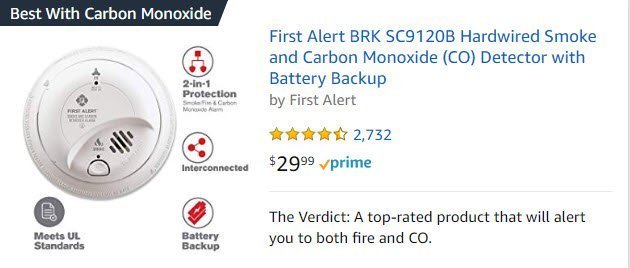
What To Do When Smoke Alarm Keeps Beeping

What To Do If You Have A Nuisance Or False Alarm Kidde

Alarm Goes Off Randomly So What Should You Do
Related Posts

